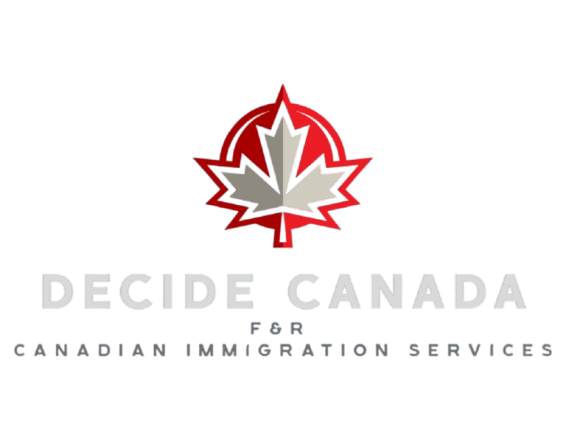Study Permit in Canada: What You Need to Know
Estimated reading time: 4 minutes
I’m often contacted by individuals who want to apply for a study permit in Canada before being accepted by a Canadian institution. This is one of the most common procedural mistakes.
According to Canadian immigration law, holding a study permit is a privilege, not a right. This means that being accepted into a Canadian school does not automatically guarantee approval of a study permit.
The Government of Canada, through the Immigration, Refugees and Citizenship Canada (IRCC), sets the eligibility criteria for study permits. While admission to a designated learning institution (DLI) is required, there are several additional factors and documents that are essential to the application process.
Understanding the requirements before enrolling in a program is crucial for building a solid strategy and increasing the chances of approval.
In this article, I’ll briefly outline the documents needed to apply for a study permit:
A valid passport
Letter of acceptance from a Canadian school
Letter of support from the province or territory (if applicable)
Proof of financial support for tuition and living expenses
Statement of Purpose (Letter of Intent)
Digital photograph
Additional supporting documents
Supporting documents are important because they help demonstrate that the applicant has a stable life in their country of origin or habitual residence. This can reassure the immigration officer that the applicant has strong reasons to return home after their studies.
The application process is online and typically takes about 4 weeks, though this can vary depending on your country of residence and how busy the local Canadian visa office is.
Depending on the case, IRCC may also request biometric data (fingerprints and a photo) and a medical exam.
If you plan to study in the province of Quebec, keep in mind that there are additional steps required.
Want to know more about the necessary documents, eligibility requirements, and how to increase your chances of approval?
Contact us today for a free consultation!
